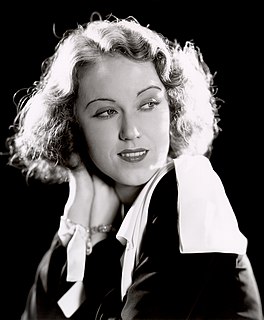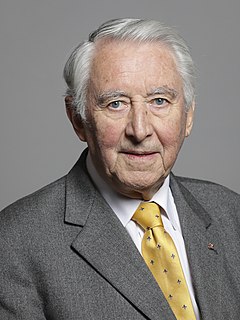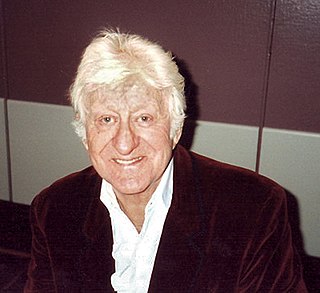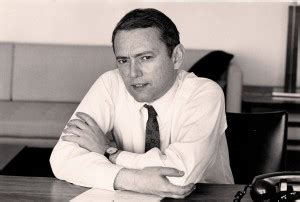A Quote by John Updike
Billy Collins writes lovely poems. Limpid, gently and consistently startling, more serious than they seem, they describe all the worlds that are and were and some others besides.
Related Quotes
There are innumerable worlds of different sizes. In some there is neither sun not moon, in others they are larger than in ours and others have more than one. These worlds are at irregular distances, more in one direction and less in another, and some are flourishing, others declining. Here they come into being, there they die, and they are distroyed by collision with one another. Some of the worlds have no animal or vegetable life nor any water.
What we had went so much deeper than a kiss. When we were together, she turned me completely inside out. It didn't matter if we were dead or alive. We could never be kept apart. There were some things more powerful than worlds or universes. She was my world, as much as I was hers. What we had, we knew. The poems are all wrong. It's a bang, a really big bang. Not a whimper. And sometimes gold can stay. Anybody who's ever been in love can tell you that.
Once again the Naderites were onstage attacking the Educational Testing Service - the organization which develops and administers the scholastic aptitude tests...the reason for the wax is that the E.T.S. tests persist in showing some people to be smarter than others. And if some people are smarter than others, there might actually be some justification for an economic system in which some people have more money and authority than others.
...a very terrifying aspect of our society, and other societies, is the equanimity and the detachment with which sane, reasonable, sensible people can observe [war and human suffering]. I think that's more terrifying than the occasional Hitler ...or other that crop up - these people would not able to operate were it not for this apathy and equanimity - and therefore I think that it is in some sense the sane and reasonable and tolerant people who should share a very serious burden of guilt, that they very easily throw on the shoulders of others who seem more extreme and more violent.
I learned to slip back and forth between my black and white worlds. One of those tricks I had learned: People were satisfied so long as you were courteous and smiled and made no sudden moves. They were more than satisfied; they were relieved -- such a pleasant surprise to find a well-mannered young black man who didn't seem angry all the time.
With ferocity and extraordinary craft, Lizzie Harris has made a book of poems that resonates far beyond the personal stories it tells. Stop Wanting reveals, in every lyric, its author's profound metaphorical gifts. In its ironies and intensities, it brings to mind a writer like the young Sylvia Plath, though what is startling about Harris' s work is the way it combines those gifts with a muted, deft self-awareness. Most of all, these are wonderfully shaped, powerful, and surprising poems-a startling debut.







































